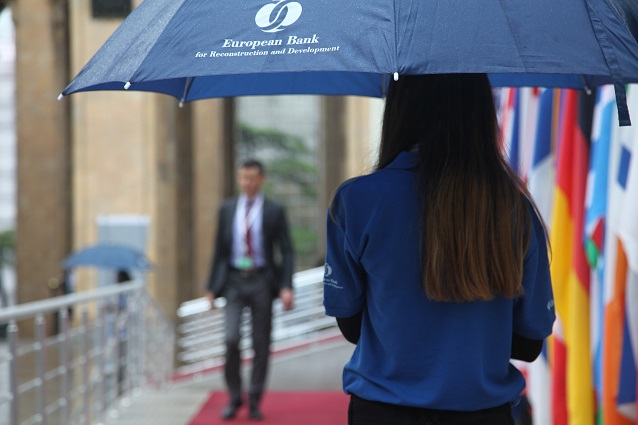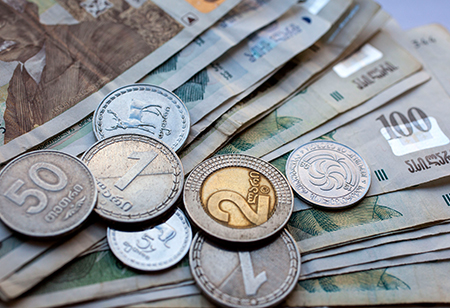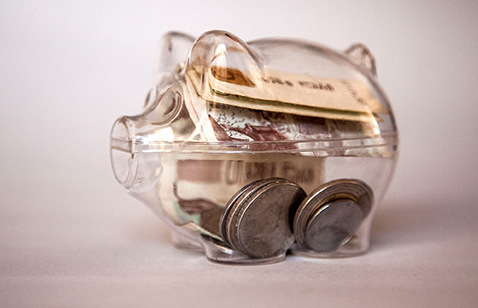EBRD: Georgia’s economy will grow 3.4% in 2016, 3.9% in 2017

The European Bank for Reconstruction and Development (EBRD) has revised its economic growth forecast for Georgia for 2016 and beyond.
EBRD now predicted Georgia’s economy would grow 3.4 percent in 2016 – up from 2.6 percent which the bank estimated in November 2015.
The bank also believed Georgia’s economy would hit 3.9 percent growth in 2017.
Despite the challenging external environment there were some domestic improvements in Georgia that would lead to greater economic growth this year, stated the latest Regional Economic Prospects report by EBRD.
While the external environment remains challenging with remittances and exports negatively affected by recession in Russia and a sharp slowdown in regional trading partners, [Georgia] is likely to enjoy a strong tourism season – helped by constraints on other tourism destinations, such as Turkey – and increased investor confidence supported by the business-friendly policies of the government and the National Bank of Georgia,” said the report.
The strengthening of the Georgian Lari (GEL) against the US dollar was expected to reduce the share of the US dollar in Georgia’s economy, said the bank.
Trust in the Lari, and in Central Bank policies, is also increasing. This factor can also be expected to reduce dollarisation in the economy, which currently stands at 68 percent on the deposit side and 66 percent on the loan side,” said the report.
Following a 21 percent decline of the Lari in 2015, which given the high level of dollarisation is increasingly affecting the non-performing loans (NPLs), the current account deficit can be expected to stabilise and dollarisation to start gradually declining in 2016,” noted the report.
The EBRD said this would reduce the downward pressure on the Georgian Lari.
In 2017, growth is expected to increase further to 3.9 percent, supported by an increasing impact of the Deep and Comprehensive Free Trade Area (DCFTA) implementation and increased competitiveness, as well as strong domestic and foreign direct investment in infrastructure and other sectors,” read the report.
 Tweet
Tweet  Share
Share






